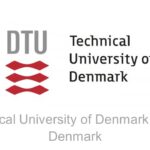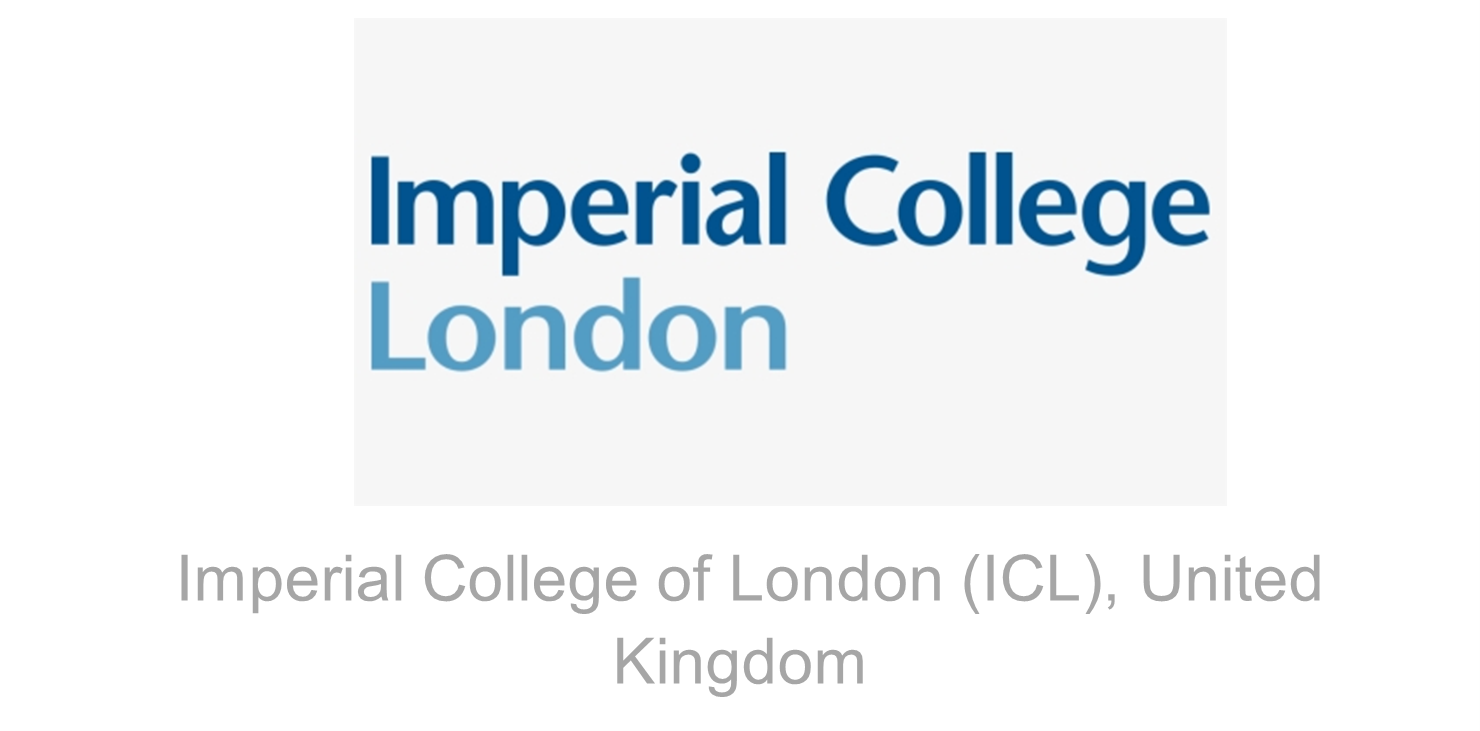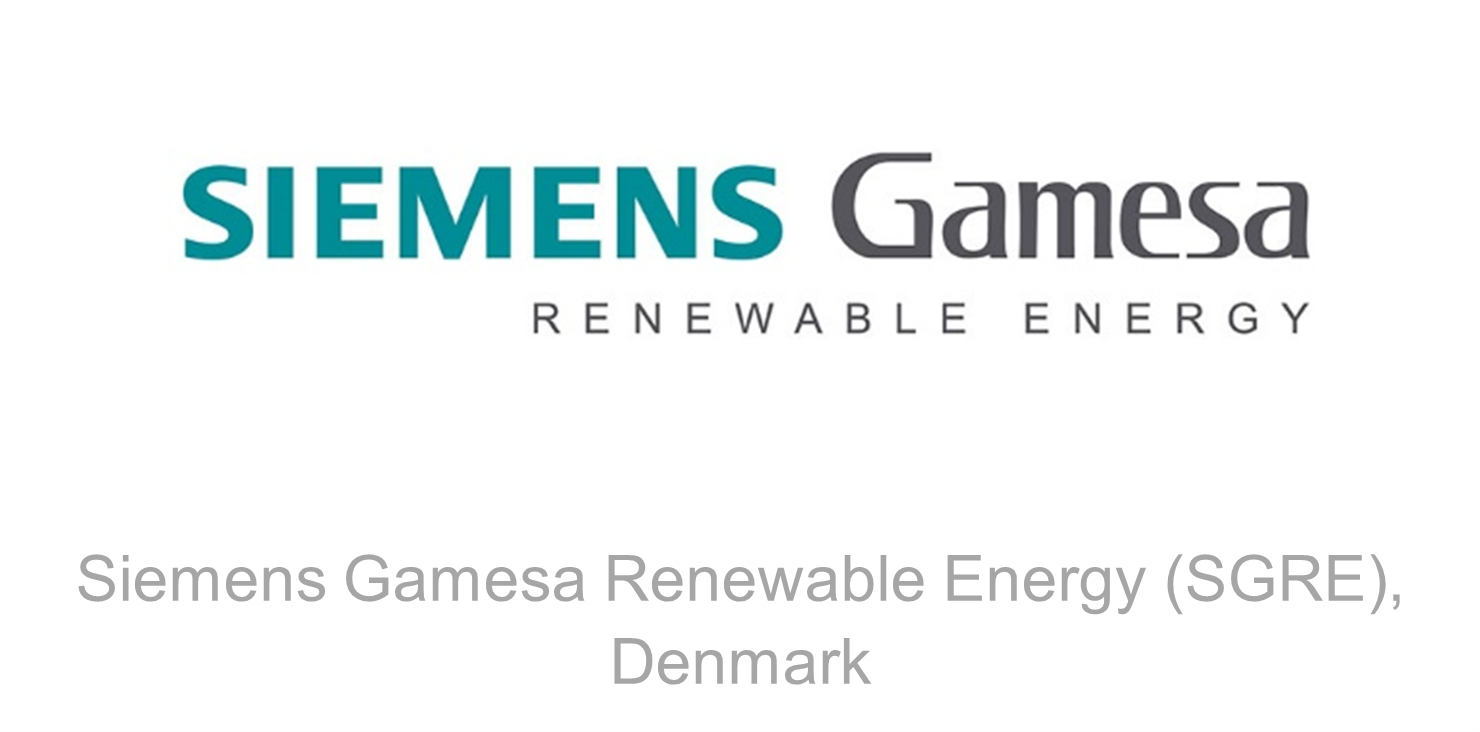The principal goal of the InnoCyPES ITN is to provide world-leading and transferable scientific training to a new generation of 15 high-achieving early stage researchers (ESRs). In the course of their training, they will study, investigate and improve various facets of digitalized and interconnected energy systems. Supervised by a consortium of prominent and experienced academic institutions, research institutes and industrial partners, they will collaboratively develop a cutting-edge system management platform that covers the entire lifecycle of data for energy system planning, operation and maintenance, based on an understanding of the energy system as a cyber-physical system.
The increasing volume, velocity, and variety of data from a massive number of dispersed “Internet of things” sensors in the energy system offers opportunities for improved operational efficiency and reliability – but it also results in threats in the form of computational burden and cyber-attacks. The transformation towards a fully digitalized energy system requires substantial improvements in coordinated design of cyber and physical systems, end-to-end data processing tools, and enabling changes in policy, incentive and regulatory mechanisms. Their absence acts as a barrier for the energy industry in translating the fast-accumulating data into actionable knowledge. The ESR projects will target key bottlenecks for this digital transformation. The tools that will be developed will be released as an open source platform for maximum impact.
In InnoCyPES, the ESRs will be enrolled in an intensive doctoral training program that is both intersectoral – involving key stakeholders – and interdisciplinary, including information science, energy systems engineering and social science. Moreover, each ESR has both academic and industrial advisors. It will thus provide ESRs with skills that are in high demand by industry and academia, preparing them for thriving careers in this burgeoning area.



